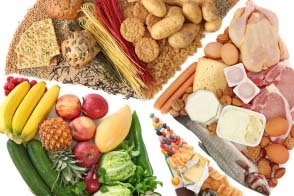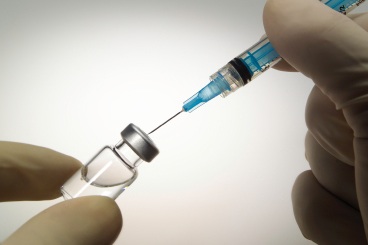
People’s attitude to the world of the disabled is changing rapidly. This is perhaps due to a greater understanding...

You are feeling giddy and nauseus. Your menstrual cycle has been delayed. Things don’t seem quite right. You might...

While speaking of somebody with a visual impairment we would be referring to a person who is either partially...

Every home needs a first aid kit! It’s a bit like insurance: you hope you’re not going to need...

What does creativity in education mean? It not only implies an original approach towards tackling the same old lessons...

You often hear the phrase ‘balanced diet’ and its advantages, particularly for pregnant mothers and growing children. What does...

Do you wonder why the shampoo that you have been using for the past five years suddenly makes your...

Five ‘o’ clock. Time for the baby to go out. But as Arti Jaiman placed the baby in the...

Last year, while holidaying in Europe, I conceived my first baby. I was not overjoyed, perhaps because both my...

Many of us would waive an article of immunisation as irrelevant to us — the educated, fairly affluent members...


























